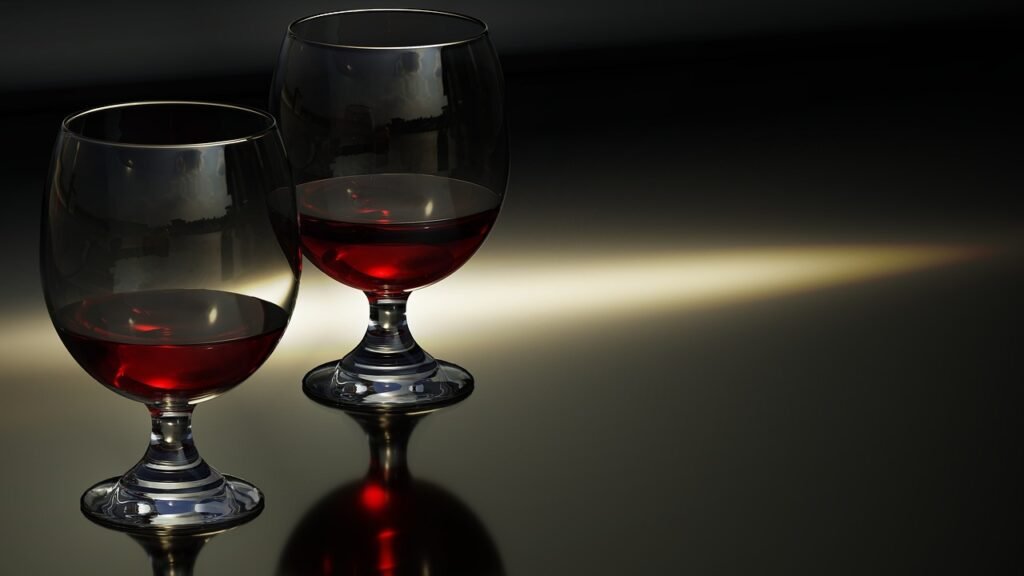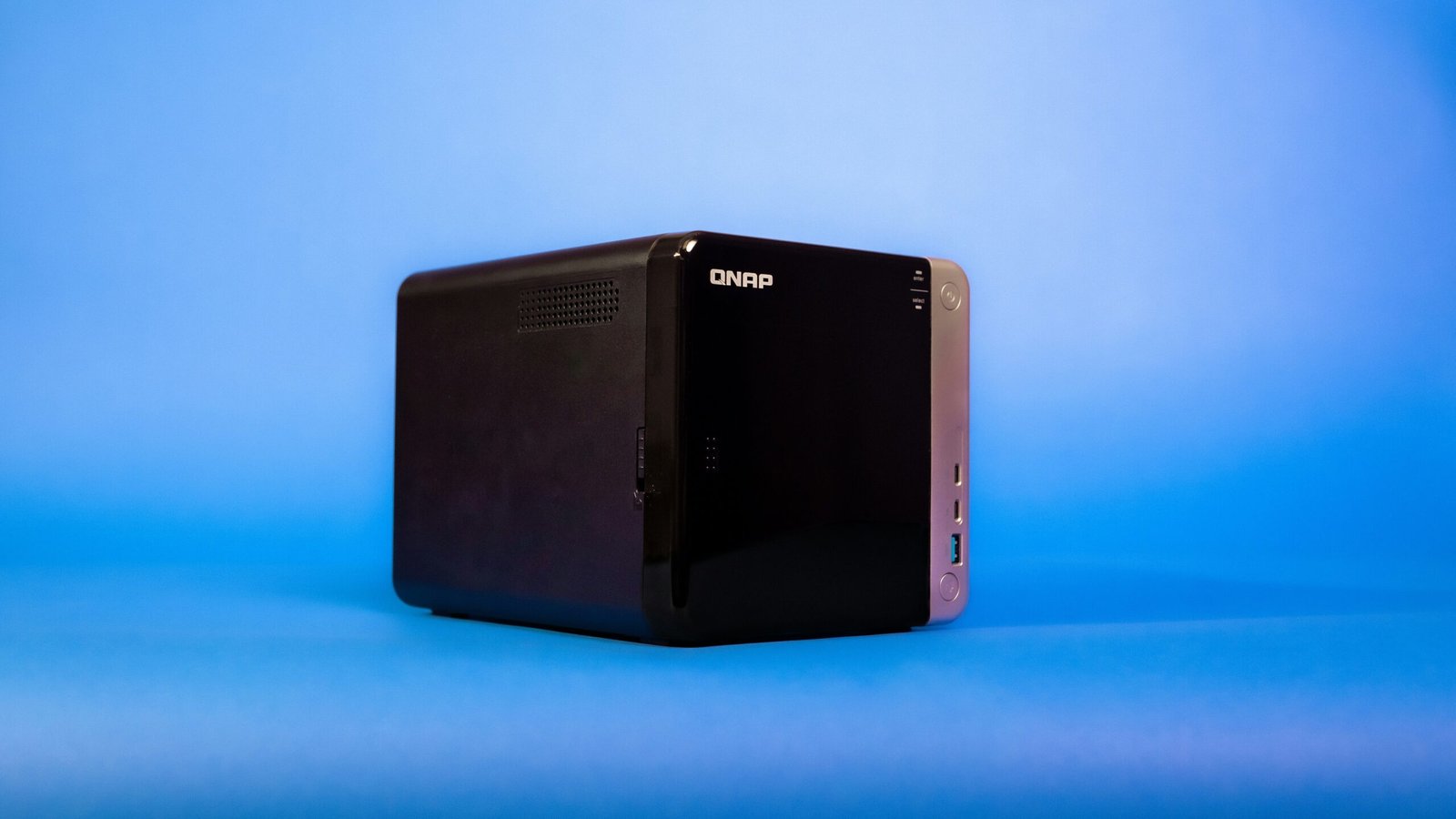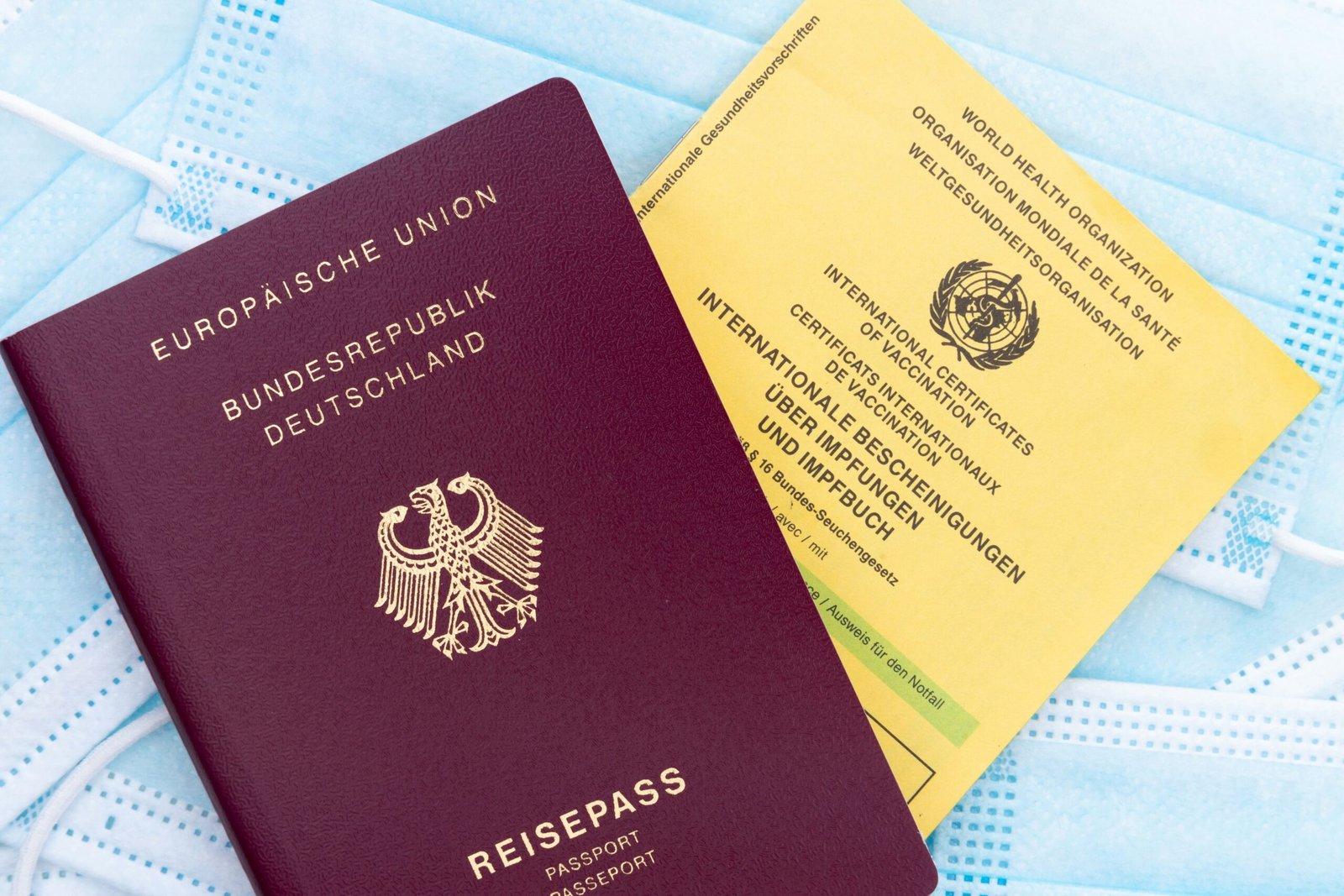When it comes to the celebration of the Lord’s Evening Meal, selecting the appropriate emblems is of utmost importance. This significant event, observed annually by Jehovah’s Witnesses, commemorates Jesus Christ’s death and the establishment of the new covenant. To ensure the occasion is conducted in a manner that reflects biblical principles, it is essential to understand what emblems should be used and why.
The Bread
One of the emblems used during the Lord’s Evening Meal is unleavened bread. This bread symbolizes Jesus’ body, which was offered as a sacrifice for mankind’s sins. According to the Gospel accounts, Jesus used unleavened bread when he instituted the Memorial. (Matthew 26:26; Mark 14:22; Luke 22:19) Unleavened bread is made without yeast or any other leavening agents, representing purity and sincerity. By using this specific type of bread, Jehovah’s Witnesses aim to adhere closely to the scriptural example.
The Wine
The other emblem used during the Lord’s Evening Meal is red wine. This symbolizes Jesus’ shed blood, which provides forgiveness of sins for those who exercise faith in him. (Matthew 26:27-28; Mark 14:23-24; Luke 22:20) The wine used is not fermented or alcoholic, aligning with the Bible’s teachings to abstain from intoxicating beverages. Instead, it is unadulterated grape juice, ensuring that the focus remains on the significance of Jesus’ sacrifice rather than on the consumption of alcohol.
Scriptural Basis
The choice of emblems used during the Lord’s Evening Meal is based on the scriptural accounts of Jesus’ institution of this commemoration. The Gospel writers Matthew, Mark, and Luke record the events surrounding the Last Supper, providing the foundation for the observance. By adhering strictly to the biblical account, Jehovah’s Witnesses aim to maintain the integrity and authenticity of this solemn occasion.
Why Unleavened Bread?
The use of unleavened bread during the Lord’s Evening Meal finds its roots in the Passover celebration observed by Jesus and his disciples. In the Bible, leaven, or yeast, is often used as a symbol of sin or corruption. (1 Corinthians 5:6-8) By utilizing unleavened bread, Jehovah’s Witnesses emphasize the purity and sinlessness of Jesus’ sacrificial body. This choice also serves as a reminder of the haste with which the Israelites left Egypt during the original Passover, as they did not have time to allow their bread to rise.
Why Unfermented Wine?
The decision to use unfermented wine, or grape juice, during the Lord’s Evening Meal is based on the Bible’s counsel to avoid the misuse of alcoholic beverages. (Proverbs 20:1; Ephesians 5:18) By using unfermented wine, Jehovah’s Witnesses ensure that the focus remains on the significance of Jesus’ sacrifice rather than on the consumption of alcohol. This choice also aligns with the organization’s commitment to promoting a healthy and responsible lifestyle.
Conclusion
The selection of emblems used during the Lord’s Evening Meal is not arbitrary but is based on the scriptural accounts of Jesus’ institution of this commemoration. The use of unleavened bread and unfermented grape juice serves to emphasize the purity, sinlessness, and significance of Jesus’ sacrificial body and shed blood. By adhering closely to these biblical principles, Jehovah’s Witnesses strive to conduct the Lord’s Evening Meal in a manner that is both faithful to the scriptural example and meaningful for all participants.
For more information on the celebration of the Lord’s Evening Meal and its significance, please visit jw.org.


